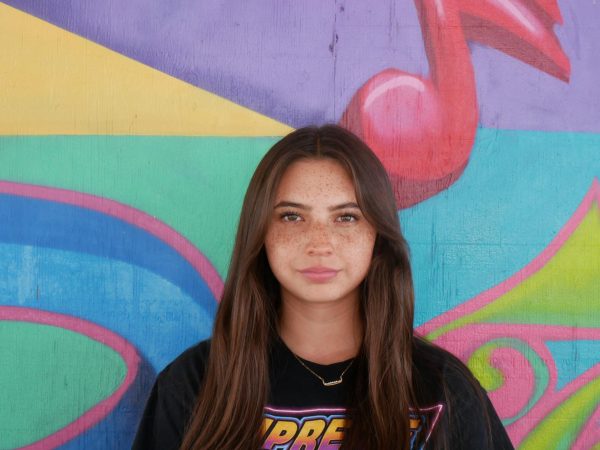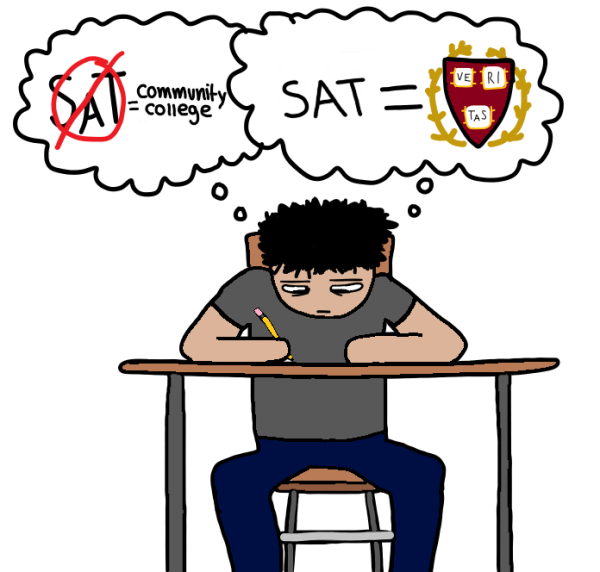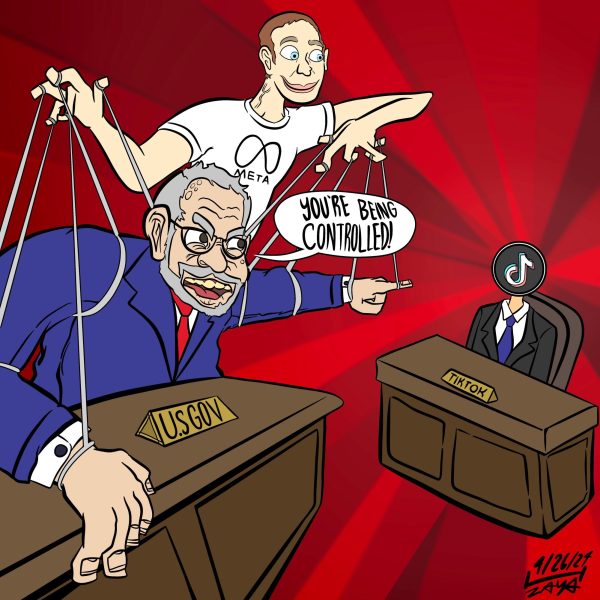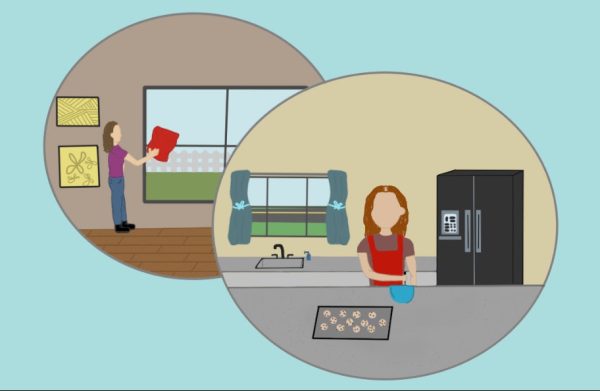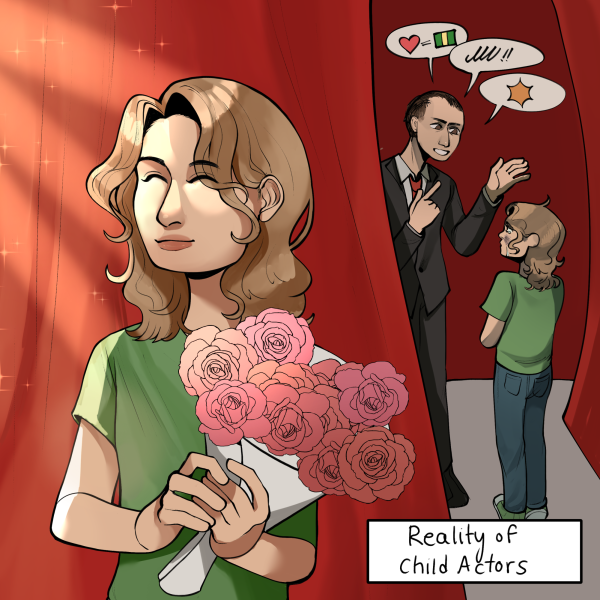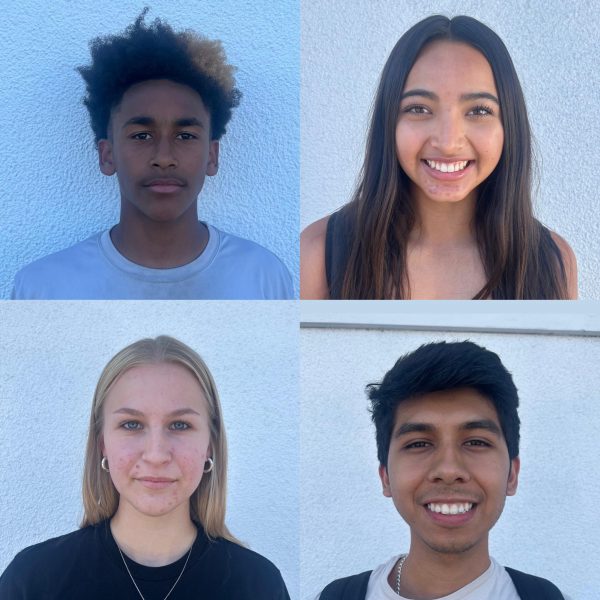Proposition 31 clears the smoke from teenagers’ future
California enacts ban on the sale of flavored tobacco
February 3, 2023
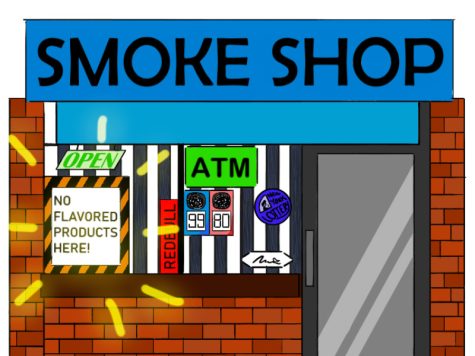
Peach-mango scented restrooms have come to be a joke among Bonita Vista High (BVH) students. The use of flavored vapes and tobacco products on campus is no secret and yet the problem is largely ignored. As Proposition 31 goes into effect to prohibit flavored tobacco sales, the vaping issue can no longer be ignored.
Though opinions vary, one should resonate: Proposition 31 is a crucial step in preventing teen nicotine addictions.
On Dec. 21, 2022, tobacco retailers could not sell “a flavored tobacco product or a tobacco product flavor enhancer” in California. This is especially significant as “flavored disposable products” make up 77.6 percent of all disposable e-cigarettes sold in 2020, according to the Federal Trade Commission, a federal agency that deals with consumer protection.
The reality is, Big Tobacco and all the major tobacco companies are preying on young people to make profit. However teenagers aren’t realizing they are targets. For most, it is thought of as an act of rebellion for these young adolescents. This thought process is what Big Tobacco and other companies are taking advantage of.
While these companies claim that their products are “not for children”, flavored tobacco clearly targets the youth. What demographic would be most interested in cotton candy other than children? It’s hard to believe that adults are the target demographic when nicotine flavors are childish.
While yes, there are “say no to drugs” presentations at BVH, popcorn lung videos with menacing soundtracks have not solved the issue. Especially during a person’s teenage years, being told not to do something will encourage them to do exactly that.
Teenagers are smarter than to be influenced by these scare tactics and can easily tell when content is exaggerated. Additionally, familial influence or lack thereof, environmental attitudes and other sources have a significant effect on why students decide to smoke or do drugs. Commercials like anti drug programs such as D.A.R.E can’t control these factors.
Time and effort is better spent on funding a ban on the sale of e-cigarettes rather than presentations that students don’t pay attention to. Proposition 31 does exactly that. Thankfully, the government has learned from the ineffectiveness of “say no” programs and approached the e-cigarette epidemic differently. Instead, they are taking legislative action.
Some may argue that “prohibition is ineffective” and point to the 1920’s prohibition era as proof that banning substances is ineffective. This is simply untrue.
The fact is, when substances, whether that be tobacco or even more dangerous illicit drugs are legalized, teens are more likely to use them. The best example we can look at is marijuana use among teens before and after its legalization.
Dr. Magdakena Cerda of New York University and the University of California, Davis and colleagues published an 8 year study in the JAMA Psychiatry journal looking at cannabis use disorder among teens. They found that cannabis use among teens increased at a 25% higher rate in states that legalized the drug than in states that did not.
This confirms prohibition will reduce the availability of flavored tobacco on the legal market. There are now additional barriers to accessing flavored tobacco. The problem now becomes a rise in the illicit flavored tobacco market.
There are concerns that prohibition will cause consumers to turn to the illegal market to supply their nicotine addiction. However, even prior to the passage of Proposition 31, teens were already buying their flavored tobacco products on the illegal market. Considering the legal age of purchasing and smoking tobacco is 21, young people can only source their flavored vapes through illicit means.
It’s hard to predict whether or not Proposition 31 will be effective; the ban has only been in effect for one month after all. Regardless, Proposition 31 is a sign that the government is paying attention to our youth. Even if not effective, it brings the issue of nicotine addictions to the public psyche and opens doors for future legislation on teen substance abuse. Proposition 31 makes clear that nicotine addiction can no longer be ignored.


